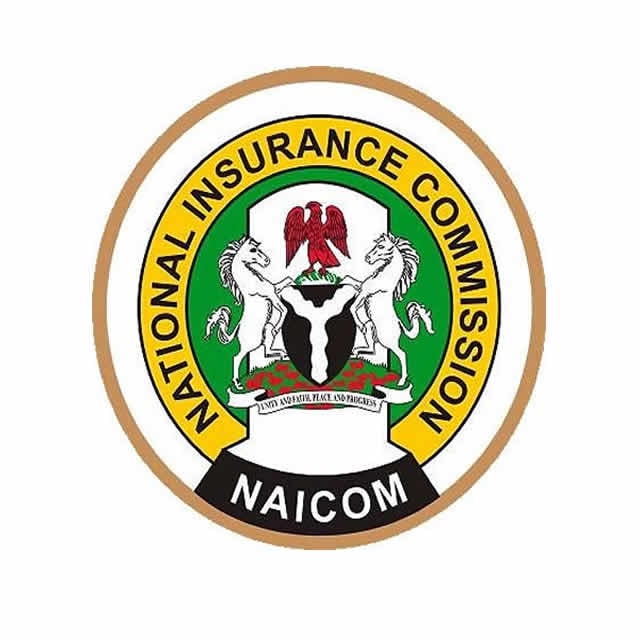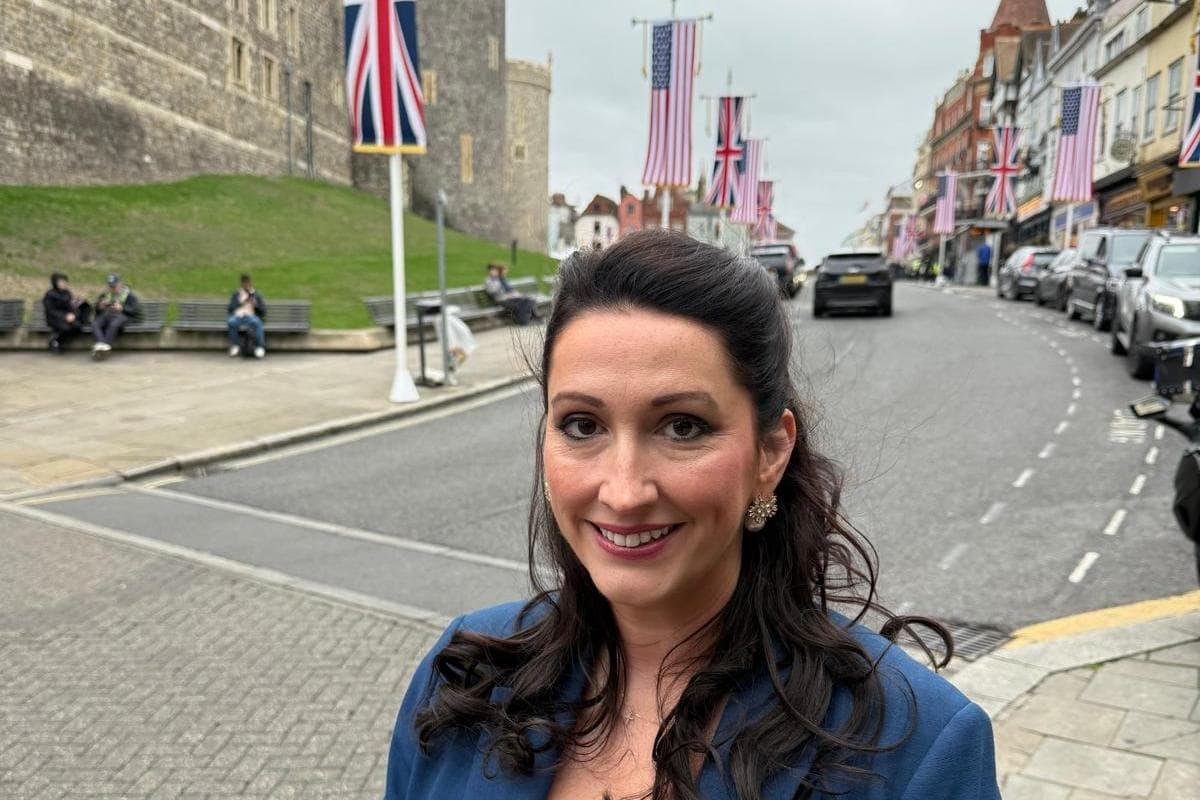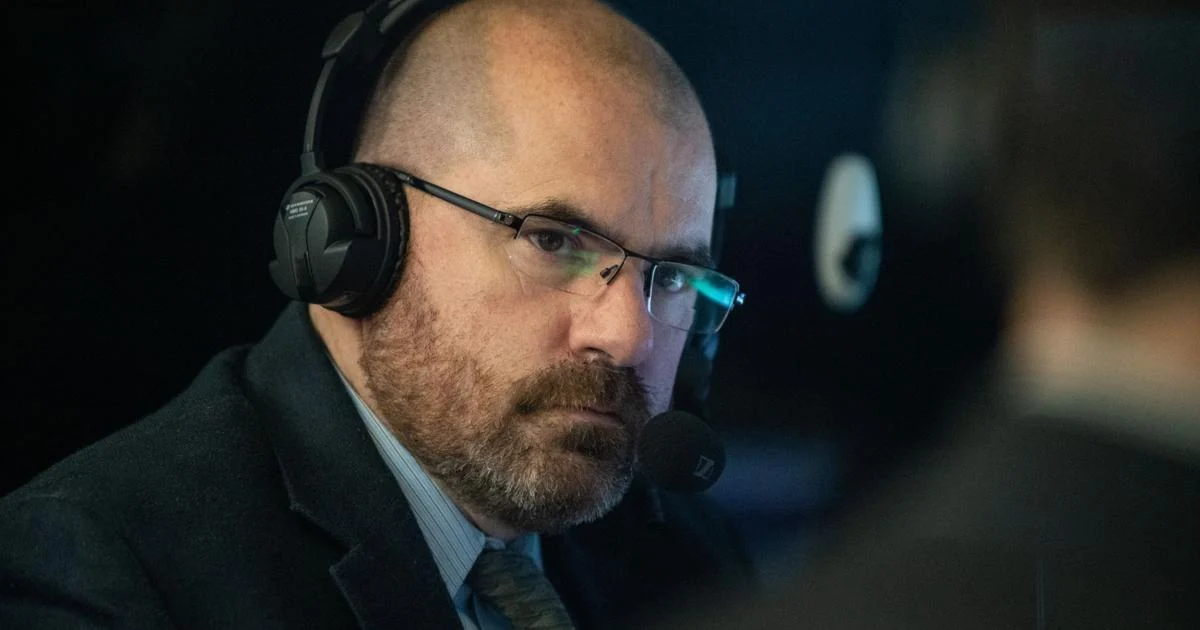By Radarr Africa
Copyright radarr

The National Insurance Commission (NAICOM) has revealed that Nigeria is losing about $2 billion every year to capital flight as multinational companies provide health insurance for their employees through foreign insurance providers.
This was disclosed by the Deputy Commissioner for Insurance (Finance and Administration), Mr. Ekerete Gam-Ikon, during a panel session at the Insurance Meets Tech 4.0 Conference held in Lagos.
Gam-Ikon explained that several multinational companies operating in Nigeria prefer to insure their employees’ health with international providers instead of local insurance firms. He said the practice results in a huge outflow of funds from Nigeria’s economy.
“You’ve got a lot of multinationals who are giving their employees health insurance, right? We then discovered that in a year, about $2bn goes into that from Nigeria. They are doing the insurance with international insurance providers. That’s how much spending goes out of Nigeria for health insurance. What the Act has provided for is to have those entities pay a percentage of that to the Nigerian government,” he said.
Health insurance, according to Investopedia, is a contract between a company and a consumer. The company agrees to pay all or part of the insured person’s medical costs in return for a monthly premium. The agreement usually lasts for a year and covers expenses related to illness, injury, pregnancy, or preventive care.
Gam-Ikon noted that despite the presence of Health Maintenance Organisations (HMOs) in Nigeria, health insurance still largely falls under the control of traditional insurance companies. He stressed that Section 204 of the Nigerian Insurance Industry Reform Act clearly placed health insurance under domestic insurance or reinsurance business. By law, local insurance capacity must be fully used before such risks can be placed abroad.
The law also goes further to state that international health insurance providers must obtain prior approval from NAICOM before conducting health insurance business in Nigeria. Subsection 7 of the Act added that any company that fails to comply would face a penalty of not less than the total premium involved.
Beyond health insurance, Gam-Ikon also revealed that NAICOM is discussing possible frameworks to provide insurance coverage for voters during elections. He explained that while the Independent National Electoral Commission (INEC) provides insurance for its staff members, including ad hoc staff, as well as election equipment, ordinary voters remain without cover.
“INEC ensured all their staff members, including ad hoc staff, have insurance. It is only voters who go out without insurance,” he said, adding that the Commission is open to working with stakeholders to deepen insurance penetration in the country.
Also speaking at the conference, the President of the Chartered Insurance Institute of Nigeria (CIIN), Mrs. Yetunde Ilori, said the new insurance law, which introduced higher capital requirements for operators, may push companies to take health insurance more seriously.
She explained that while many HMOs fall under the supervision of the National Health Insurance Authority (NHIA), insurance firms own some HMOs as subsidiaries. This, she said, creates an opportunity for insurance companies to increase participation in the health sector.
Ilori, who previously worked in a company that ventured into health insurance, noted that challenges such as moral hazard had discouraged operators in the past. However, she said technological advancement and regulatory improvements now make the sector more attractive.
“A number of HMOs do not directly come from the insurance, meaning they are under NHIA; however, you know insurance companies own HMOs as subsidiaries, and I think also it’s an area that you want to deploy your capital,” she said.
“I used to work for a company that did health insurance, and honestly, the moral hazard was something that got them packing. But with the evolution of technology and so many other things that have now come to be in place, I think it’s an area that insurance companies will want to take a close look at and think of the protection that you have for consumers.”
Ilori further suggested that in the near future, HMOs may adopt a co-pay system, where consumers would be required to also buy insurance alongside HMO packages for better protection. She urged insurance companies to position themselves not only as providers of property and life cover but also as key players in health protection for Nigerians.
Stakeholders at the conference agreed that with proper enforcement of the insurance law, Nigeria could retain billions of dollars currently leaving the country through international health insurance contracts. They also believe that expanding local health insurance capacity will boost the Nigerian insurance industry, create jobs, and support the country’s economic stability.



